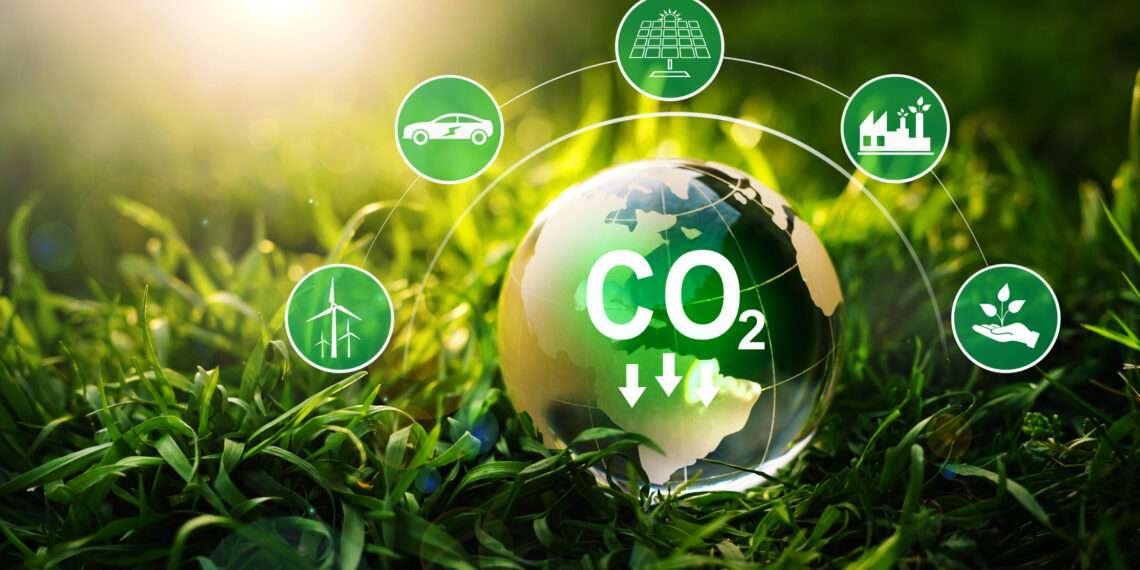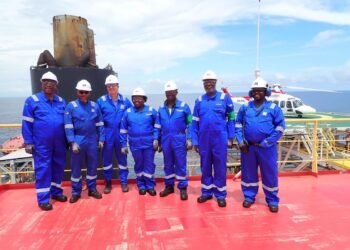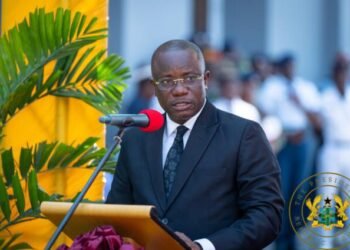Denmark’s Climate and Green Transition Director, Jacob Haugaard, has underscored Ghana’s need for a decarbonisation roadmap to meet global ‘Net Zero’ emissions targets by 2030.
Addressing attendees at the 2024 Green Shipping Workshop, organized by the Ghana Maritime Authority (GMA) and DMA in Accra, Haugaard emphasized the urgent need for Ghana to implement a comprehensive roadmap to decarbonize its shipping industry.
“To achieve climate neutrality in Ghana’s maritime sector, the adoption of alternative fuels and enhanced energy efficiency must be prioritized,” Haugaard stated, underscoring Denmark’s dedication to supporting Ghana’s efforts.
He explained that without a concerted focus on green energy alternatives, reaching net-zero emissions will remain a challenge for Ghana.
As part of Denmark’s efforts, Haugaard detailed several capacity-building initiatives under DMA’s collaboration with Ghana, aimed at bolstering the operational and environmental sustainability of the Ghanaian maritime sector.
One notable contribution is the training provided by Denmark’s Danpilot service, which has enabled several Ghanaian pilots and tugboat masters to manage larger vessels at Ghana’s new Terminal 3 at the Port of Tema.
“This training ensures that Ghana’s ports are fully prepared to accommodate larger container vessels, a key factor in supporting a green and resilient port infrastructure.”
Jacob Haugaard, Denmark’s Climate and Green Transition Director

Additionally, the DMA has implemented an online navigation platform that incorporates digital tools for disseminating maritime safety information and e-navigation.
This initiative, Haugaard noted, plays a crucial role in advancing maritime safety while contributing to Ghana’s overall environmental objectives by reducing emissions associated with traditional navigation methods.
Haugaard further highlighted the collaborative aspect of this endeavor: “Denmark invited African maritime leaders to witness firsthand the green technology and sustainable practices implemented in Danish ports, giving them a model for adopting similar practices.”
The ongoing collaboration between the GMA and DMA is facilitated under the Strategic Sector Cooperation (SSC), a project established in 2015.
Now in its final phase, the SSC’s objective is to support Ghana’s decarbonization efforts, helping the country achieve the international green shipping standards set by the International Maritime Organization (IMO).
“For Ghana to decarbonize, it must build new ships powered by clean fuel technologies and retrofit existing vessels to meet energy efficiency standards,” Haugaard asserted.
Building a Resilient Maritime Sector
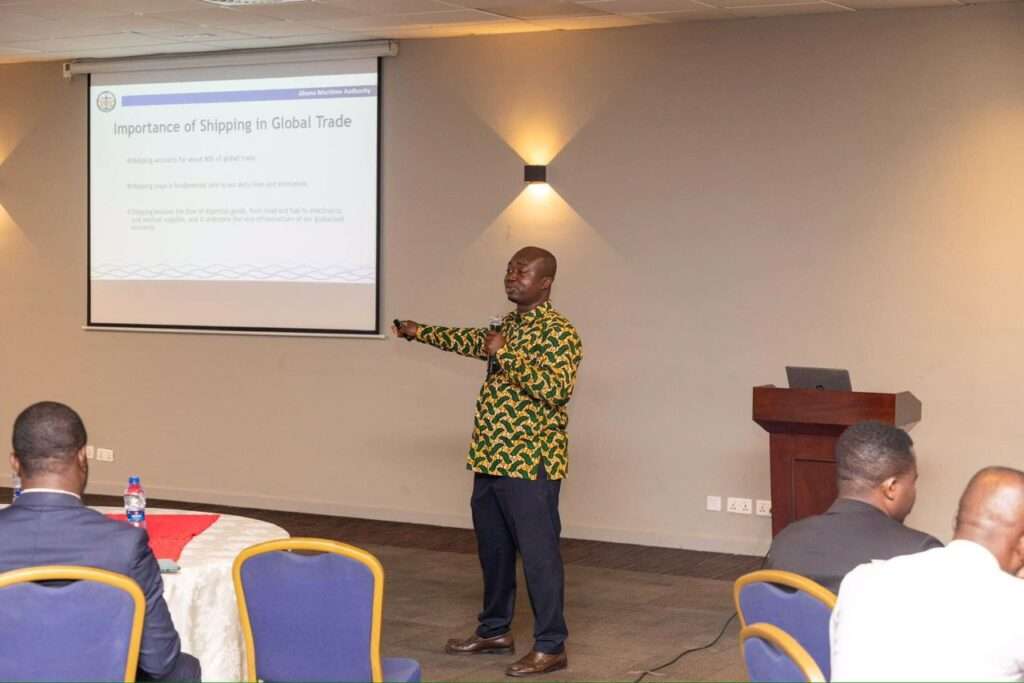
During the workshop, Director of Maritime Services at GMA, Nana Kwabena Boakye-Boampong, echoed Haugaard’s sentiments. He urged the nation to integrate green technology, digitization, and international partnerships to strengthen its maritime industry’s sustainability and competitiveness.
“The adoption of green technology and digital solutions is essential for ensuring that Ghana’s maritime sector meets global standards while safeguarding our natural resources.”
Nana Kwabena Boakye-Boampong, Director of Maritime Services at GMA
Boakye-Boampong also highlighted the role of infrastructure in achieving these targets, particularly in Ghana’s ports.
He suggested that transitioning to sustainable operations would necessitate modernizing port infrastructure and incorporating “green port” practices, which include emissions reductions, waste management improvements, and renewable energy integration.
“The availability of Zero or Near-Zero fuels (ZNZs) is critical, and our seafarers must be adequately trained to manage these technologies,” he added, underlining the need for a robust training program that would equip Ghana’s maritime workforce with the skills required for the green transition.
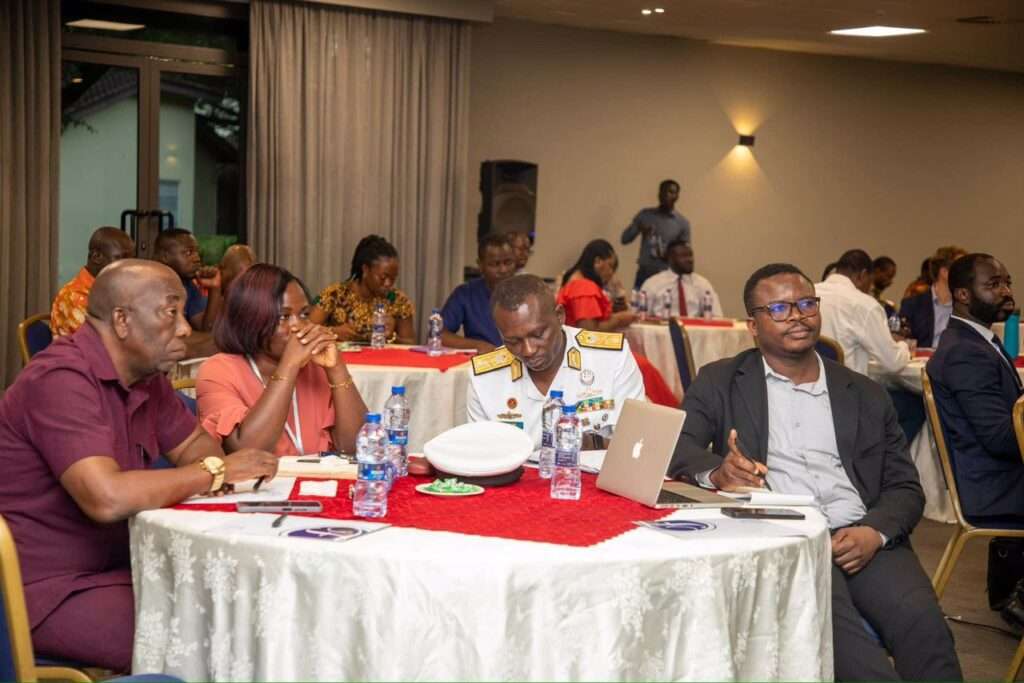
Highlighting the global perspective, Boakye-Boampong noted that maritime transport, which is responsible for nearly 3% of worldwide greenhouse gas emissions, presents significant environmental challenges.
The increased demand for shipping services, particularly with longer routes and higher speeds, has compounded carbon emissions, making the transition to green technologies all the more pressing.
To navigate these complex challenges, Boakye-Boampong called for effective collaboration across Ghana’s maritime, port, and fuel sectors, emphasizing that decarbonization requires an integrated approach that involves every actor within the maritime value chain.
He stressed that “coordinated efforts are crucial for addressing the interconnected requirements of a sustainable maritime ecosystem.”
As Ghana makes headway in its green transition, the country’s initiatives are expected to serve as a model for sustainable marine development in the West African area, paving the way for a greener, more resilient future.
READ ALSO: Renewed Attacks On Beirut Labelled As Ceasefire Rejection Signal



